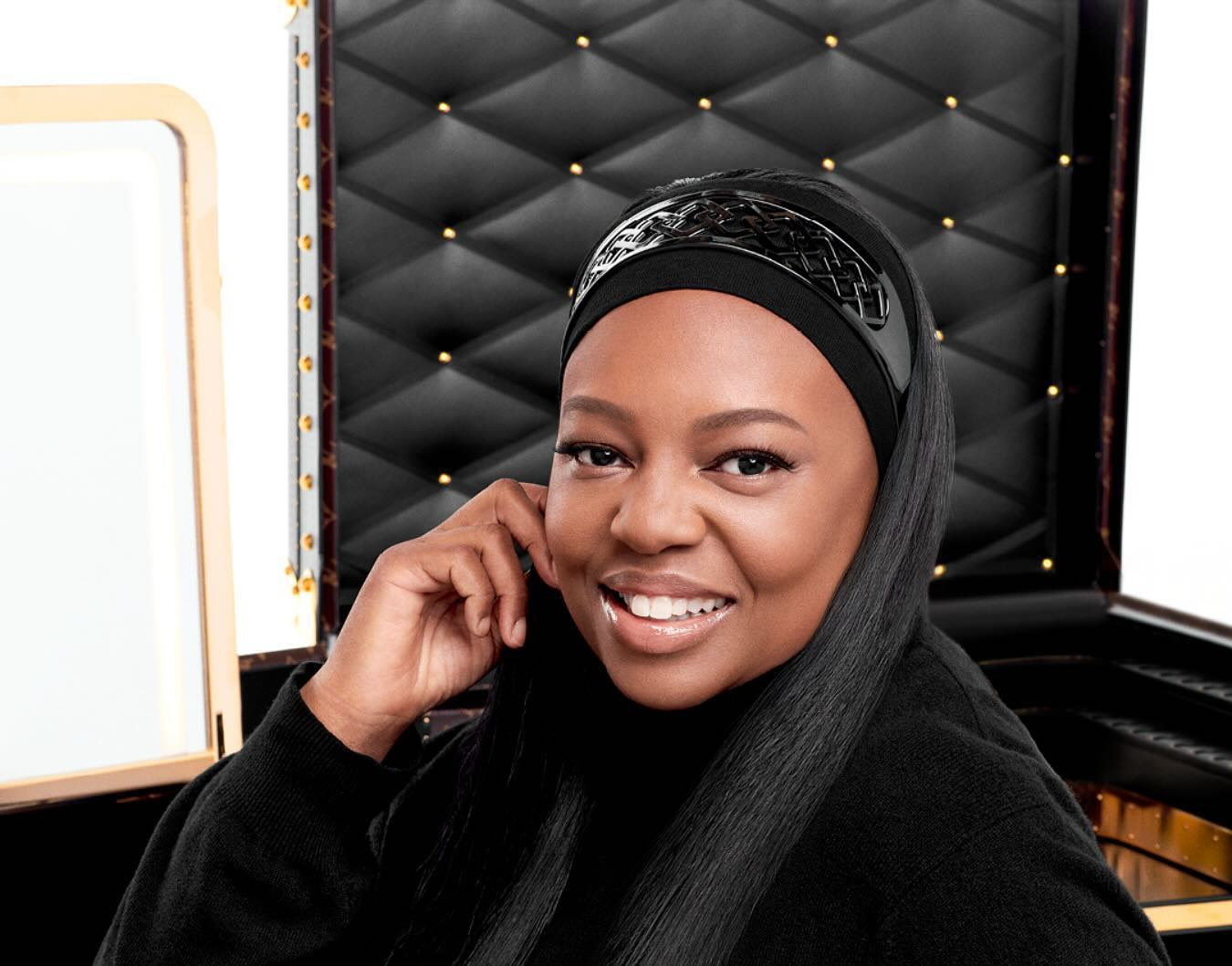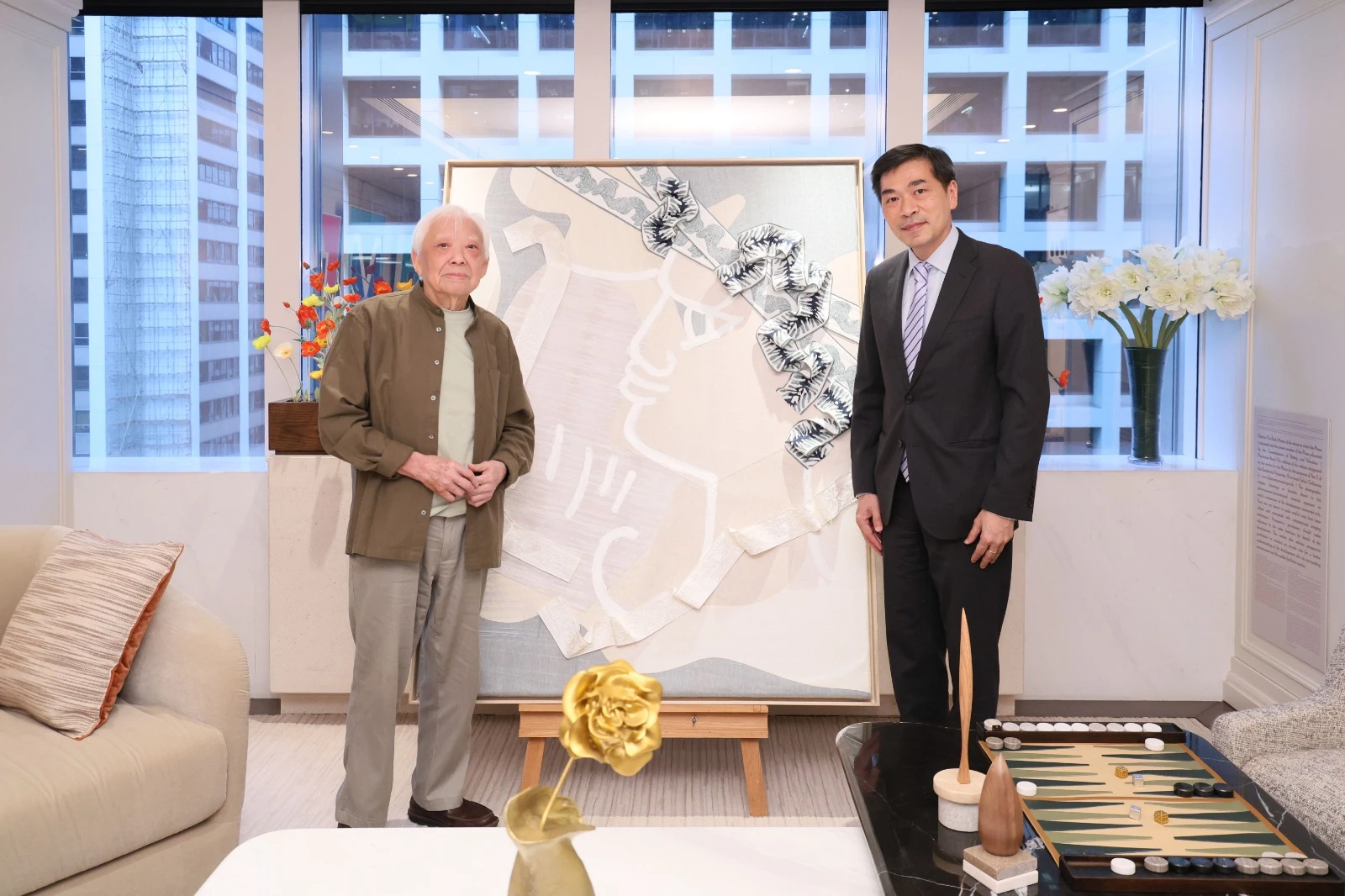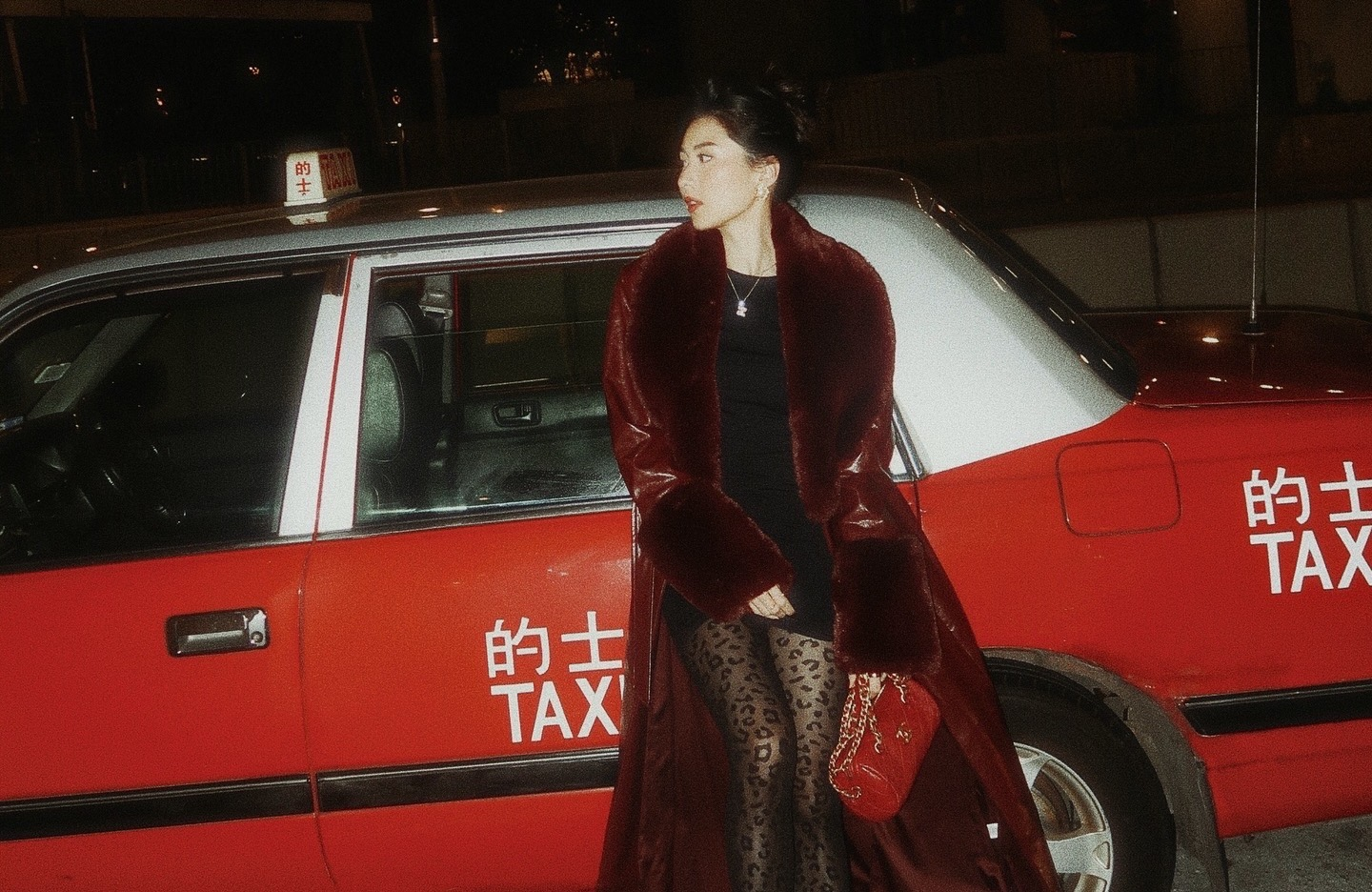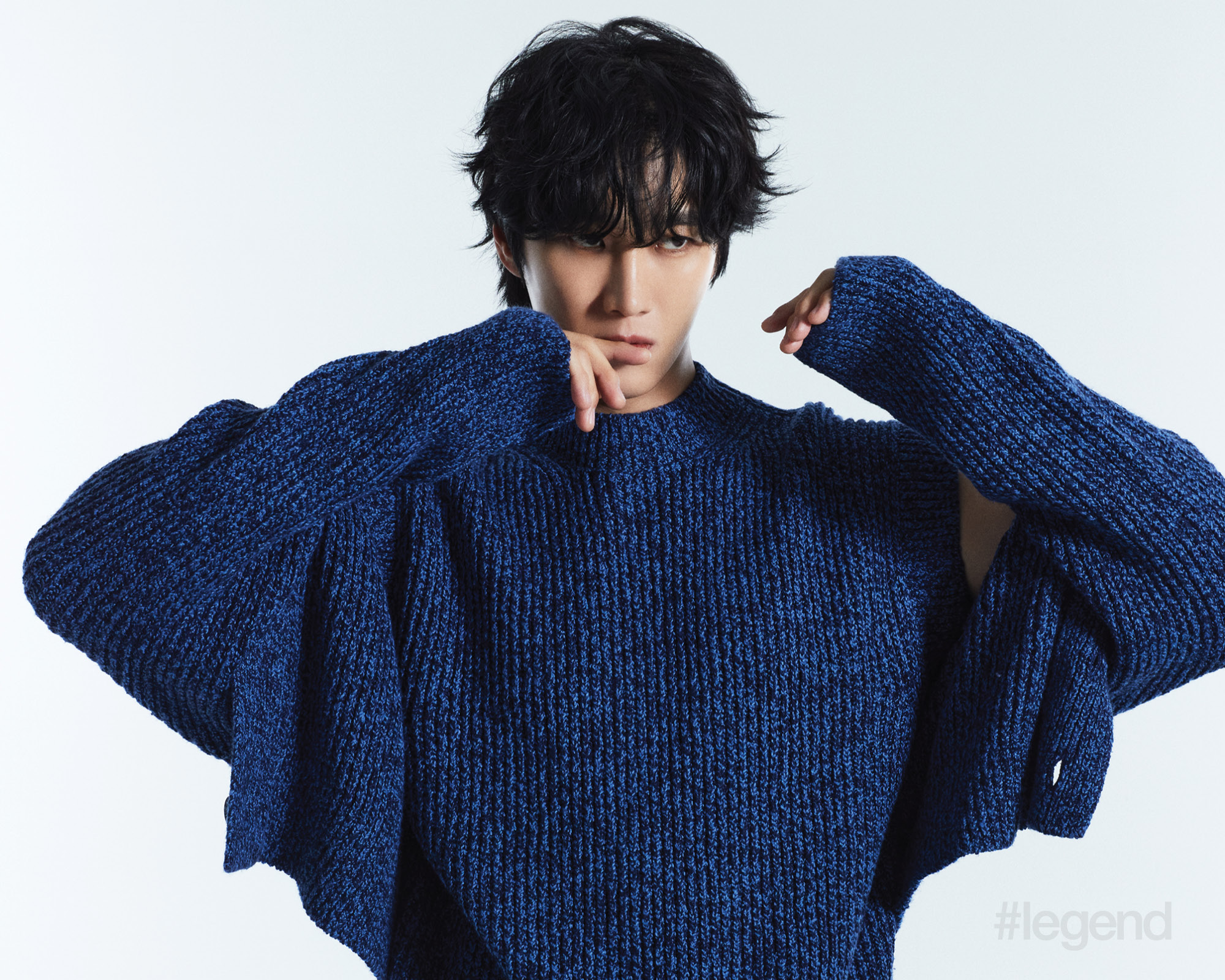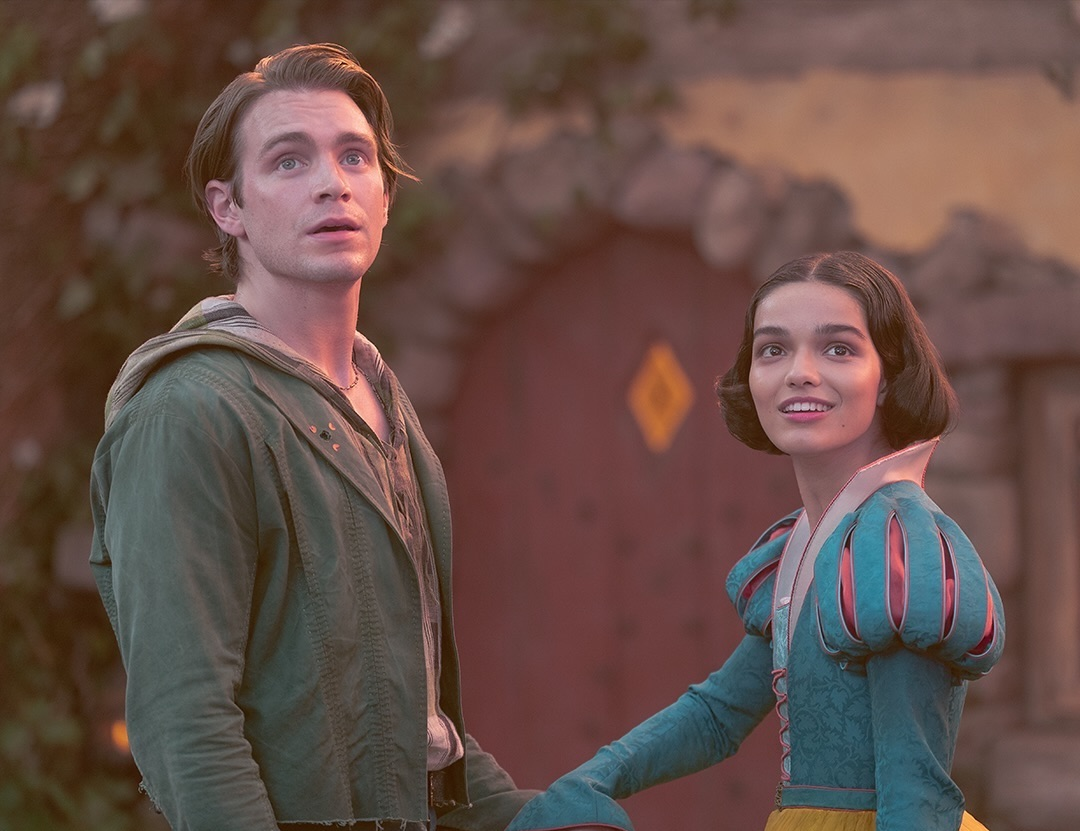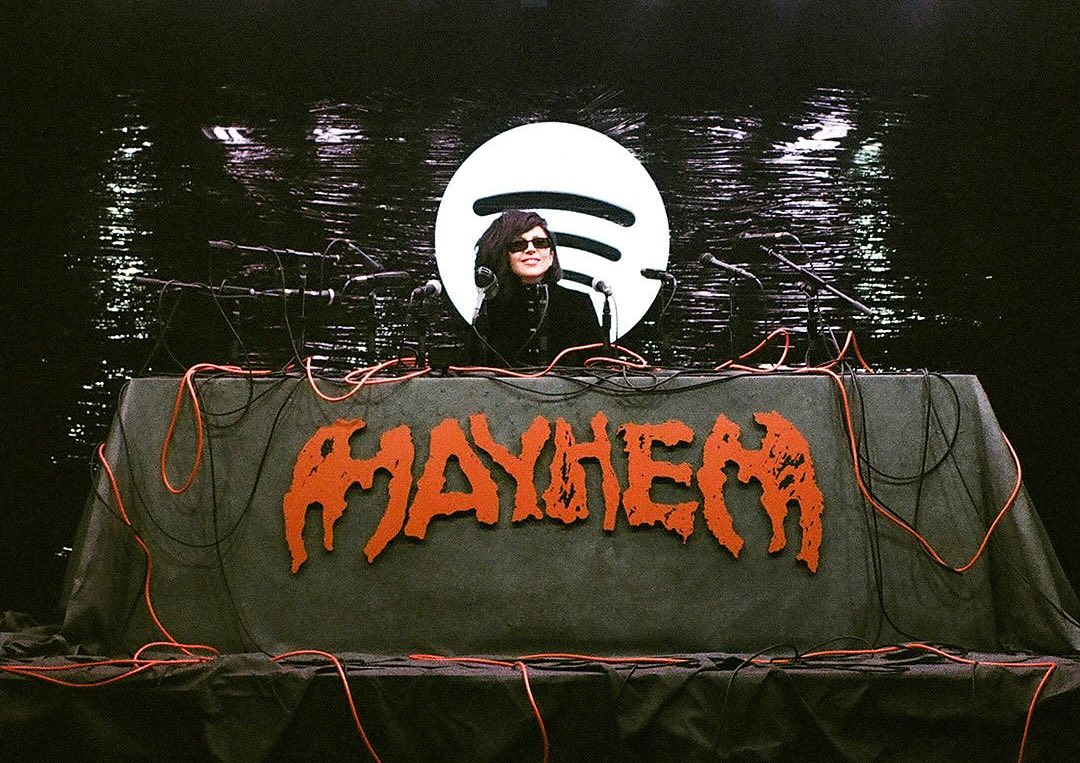Exclusive interview: Bernie Su, director of Emmy award-winning Artificial
Feb 14, 2020
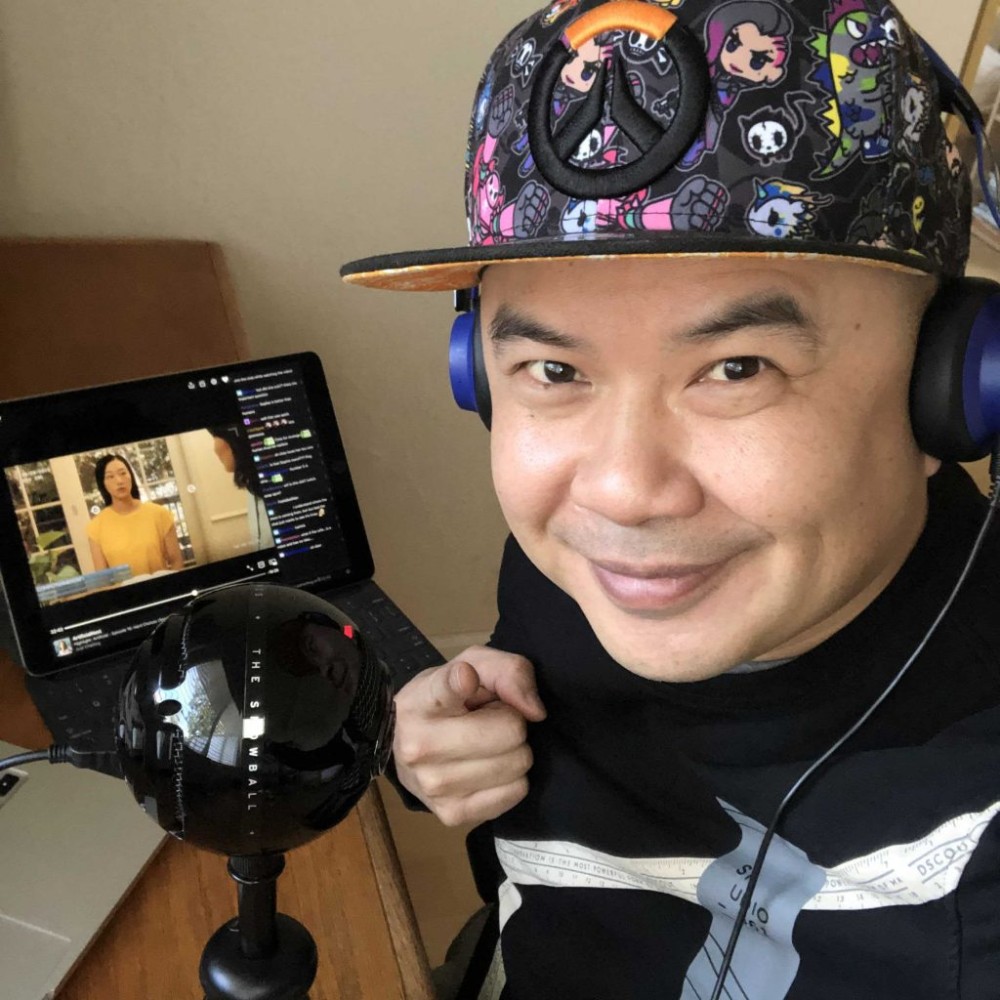
What will the future of film and TV look like? With the rise of streaming and declining numbers of movie-going audiences, it’s inevitable that the way we experience media will continually change. Media is no longer just movies and television—gaming is rapidly growing, and its revenues have already surpassed film. Which is why #legend was lucky enough to speak with Bernie Su, three-time Emmy award winner, about his Emmy-award winning online series, Artificial, which streams on Twitch, a streaming platform generally known for gaming.
Artificial follows Sophie Lin, an AI as she tries to become human with the help of her creator Matt Lin. It’s the first audience interactive original series to debut on Twitch and due to the nature of the platform, it’s filmed and streamed live. Su says that “there are built in mechanisms where the audience can interact with the content.” Because of this, the audience actually has the ability to shape, in real time, how the story evolves.
Artificial takes what popular Netflix show Bandersnatch did and pushes it forward by allowing the audience to govern show decisions live. There are no do-overs with Artificial. Once a decision is made, it’s made, “It’s like real life’ says Su, ‘It’s something we’ve never seen at this level.”
And he definitely knows what he’s talking about—all of Su’s Emmys have been awarded for innovative media. Asked about concerns that people wouldn’t watch a non-gaming series on Twitch, Su says, “there’s an audience that is watching other things [on Twitch] as well…people cooking, people drawing, people interviewing each other.” Su is tapping into non-traditional distribution platforms which allow audiences to be participatory—much like gaming—while at the same time, feeling as if they are watching a scripted show. It’s a daring feat, but Artificial manages to successfully craft a narrative that feels real and unreal at the same time and it has a large audience to attest to this.
Because of the nature of the series, even production has to be different. In terms of preparation, they don’t lock scripts until about ‘a week before shooting,’ which is very uncommon. This is due to the nature of the show—since elements are interactive, Su says “I don’t think we’ve ever wrote drafts more than three episodes ahead…because we’re waiting for the audience to determine something.”
Asked about what would happen if the actors misread their lines, Su says that, “There’s always that chance, it’s like a speech…the tricky part is that there’s huge parts of that script that aren’t locked in until moments before.” The show’s main characters, played by Tiffany Chu and Tohoru Masamune handle this challenge well despite having to act live. Su says it’s somewhat like theatre in that sense, and he’s correct, there’s only one take.
So why delve into this space? ‘I saw the rise of online video and [asked], how is storytelling defined here…What is the format of narrative with these new methods? What does it feel like for the user and storyteller? I just found it very fascinating.’ Indeed, with each new series Su creates, he is pushing narrative storytelling and creating the rules of this new format.
What’s next? Su says he will continue pursing live interactive, saying it ‘will revolutionise a lot of old formats if it was applied correctly.’ As for other forays into tech and media, Su is secretive about his next project, but says he ‘wants to play with virtual characters and artificial intelligence’. Fittingly he quotes Westworld to me, ’If it’s not real, does it matter?’







